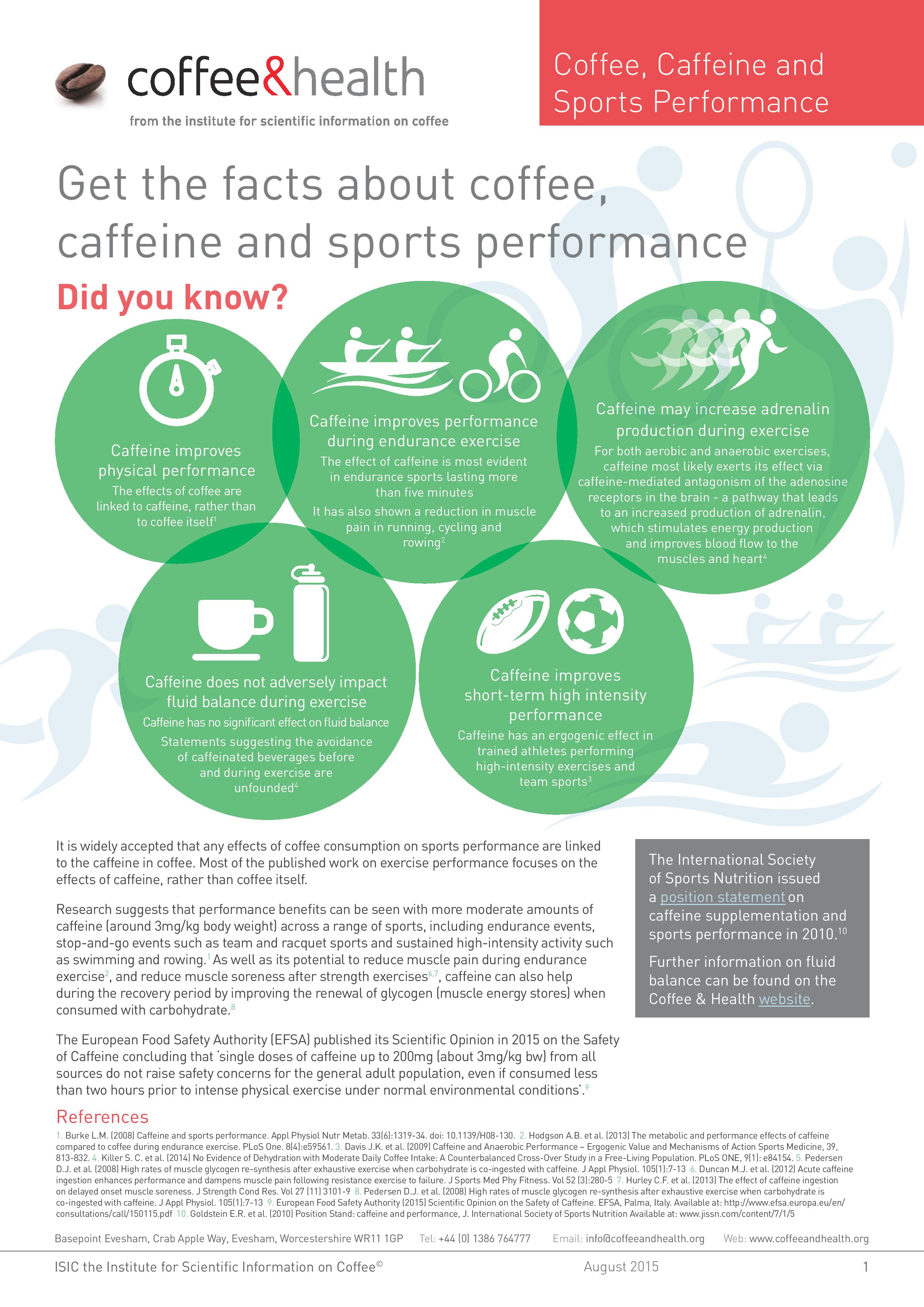A recent report by the Institute for Scientific Information on Coffee (ISIC), a not-for-profit organisation devoted to the study and disclosure of science related to coffee and health, highlights the potential role of coffee consumption in reducing Cardiovascular Disease (CVD) mortality risk.
The report concludes that, based on current research, moderate coffee consumption at approximately 3–5 cups per day may have a protective effect against CVD mortality risk. The finding is significant given that coronary heart disease and stroke remain the primary cause of death across Europe; responsible for 51% of all deaths in women and 42% of all deaths in men. Over four million people die from CVD annually in Europe and overall, CVD is estimated to cost the EU economy €196 billion every year.
Carlo La Vecchia, Professor of Epidemiology, Department of Clinical Sciences and Community, University of Milan, commented: “It is important to acknowledge factors which might have a protective effect against CVD mortality. Moderate coffee consumption could play a significant role in reducing CVD mortality risk which would impact health outcomes and healthcare spending across Europe.”
Key report highlights:
- The lowest CVD mortality risk is seen at an intake of approximately 3 cups of coffee per day, with a percentage risk reduction of up to 21%.1
- Two 2014 meta-analyses suggest an association between coffee consumption and CVD risk, proposing a ‘U-shaped’ pattern whereby optimal protective effects were achieved with 3-5 cups of coffee per day.3,4
- Drinking 3-4 cups of coffee per day is associated with an approximate 25% lower risk of developing type 2 diabetes compared to consuming none or less than 2 cups per day.1 People with diabetes typically have a higher CVD mortality risk, therefore this association may be linked to a decreased CVD risk.5
- Half of CVD cases in women could be avoided by modifying lifestyle choices, as approximately 73% of CHD cases and 46% of clinical CVD are attributable to an unhealthy lifestyle.6
The mechanisms of action behind the associations are unclear, however areas of interest for future research include the anti-inflammatory and antioxidant properties of coffee, and the known association between coffee consumption and type 2 diabetes risk reduction as CVD mortality is typically higher in this group. It is important to note that results differ between varying populations; it is suggested that 2 cups of coffee per day may offer the greatest protection in a Japanese population, whilst 3 cups may provide the greatest protection in UK and US populations.
For more information on coffee and cardiovascular health, click here


